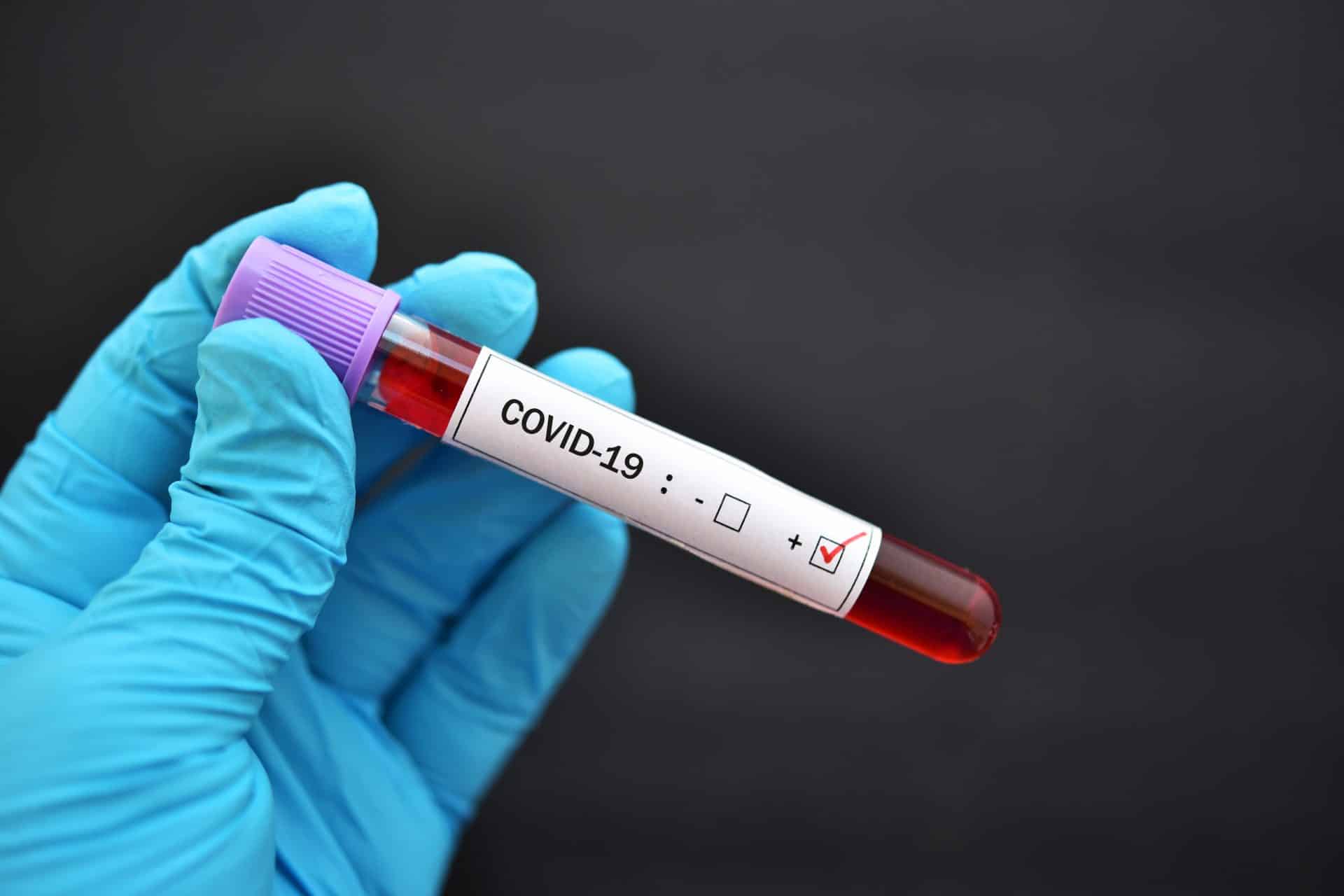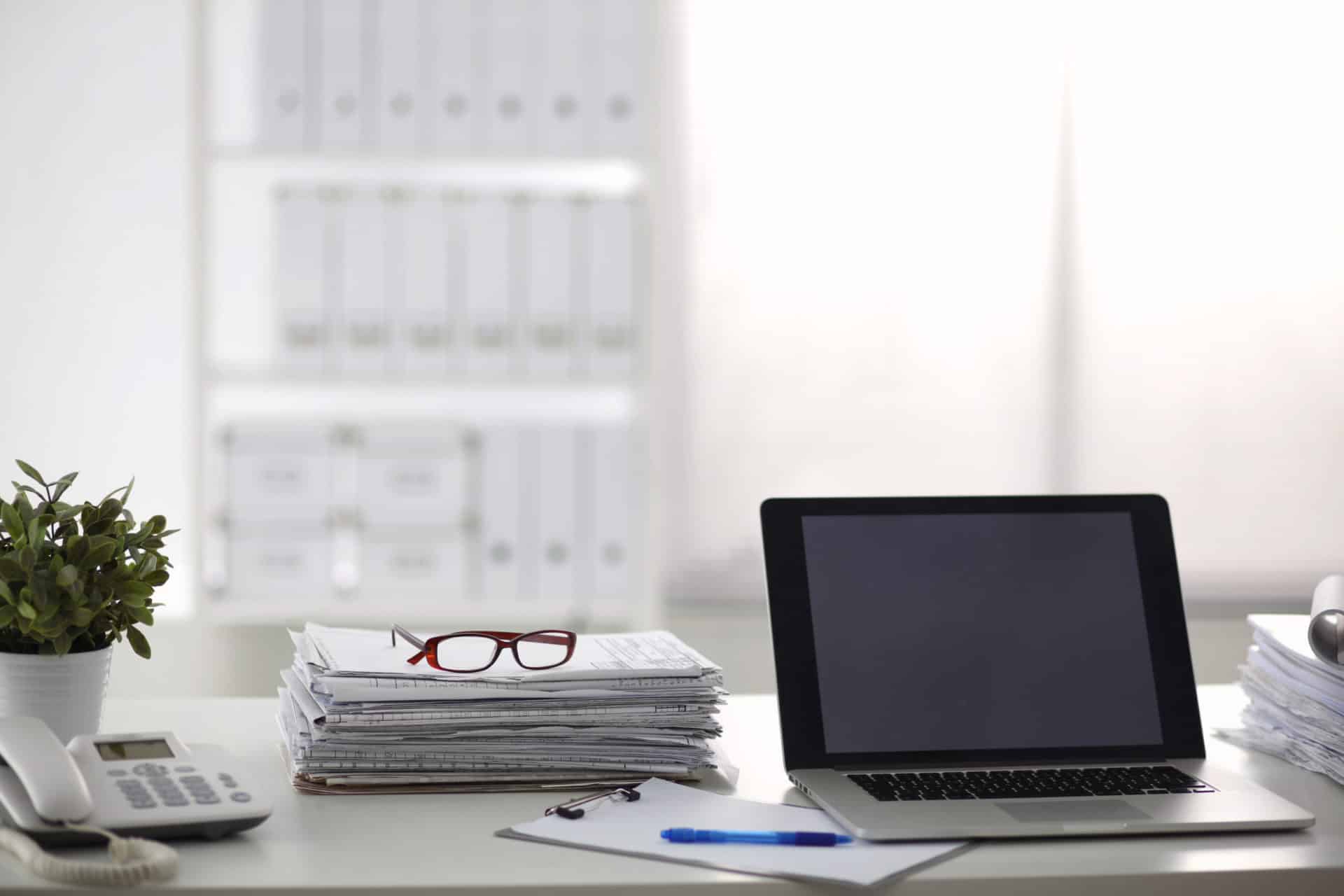
The coronavirus pandemic has people around the country fearful of coming down with the virus. In New York City especially, one of the hardest-hit cities around the world, people are doing everything they can to stay safe.
People are being told to stay in their homes, but what if your home is in the same building as tens or hundreds of others? What if your home becomes a danger due to their choices?
With over 1 million confirmed cases of the virus in New York, one infected person can potentially put a whole apartment building at risk.
More than ever it is imperative every tenant knows the laws surrounding premises liability in New York. This includes an infected landlord showing disregard for their tenets.
What Counts as Premises Liability in New York
All building owners in the state of New York, and indeed in other states, have a legal duty to make sure their buildings are safe. The law states that building owners must take reasonable steps to protect their tenants and ensure the safety of all who use their premises.
A violation of premises liability laws occurs when a person who is legally on the premises is injured due to the negligence of the property owner. In order to meet the standards of a premises liability violation, the following elements must be present:
- You were legally on the premises
- The owner of the property was negligent in dealing with the unsafe condition
- The owner’s negligence caused your energy
In the current case of the coronavirus, claims can range from properly disinfecting the premises to ensuring restricted occupancy for safety purposes. It may also require landlords to properly disclose if they, or any of their staff or regular building occupants, have tested positive for the COVID-19 virus.
When a Landlord Fails to Disclose a Positive COVID-19 Test Result
One such case is playing out in Alabama. According to AL.com, the owner of a building in the city of Huntsville failed to disclose their positive COVID-19 diagnoses.
One of the buildings tenets, a yoga studio owner, is claiming this information has endangered the lives of the building occupants.
The yoga studio owner, according to the story, is claiming damages in the form of lost income. Their instructors refuse to come into work due to the fear of getting the virus from the building.
The result of this has been the loss of income from what they claim to be the owner’s negligence in informing the building tenets of his positive status.
While this is an example of a business tenant, the laws are similar in New York for both business and apartment tenants, too. So what can you do when you suspect a premises liability violation by your New York landlord?
What to Do If you Suspect NYC Premises Liability Violations
If you suspect you are the victim of your landlord’s negligence, you have the ability to take legal recourse against to remedy the situation.
The most important thing is that you document everything. The key component in winning a premises liability case is your ability to prove that your landlord was negligent and that the negligence is what caused your injury.
Keep Diligent Records of Yours and Your Landlord’s Actions
In the case of COVID-19, you need to keep all documentation from doctor’s appointments (virtual or otherwise) and any office or hospital visits.
Additionally, if you find out that your landlord has COVID-19, you must be able to show that they entered the building and put you at risk without properly informing you.
You need to also be able to show that they did not take the proper steps to prevent the spread of the illness.
This could be demonstrating that the owner failed to have their building disinfected after being diagnosed. Or it could also mean showing that they didn’t wear masks or gloves even after being diagnosed with the virus.

Estimates for hospital treatment and recovery for coronavirus reach the tens of thousands of dollars. Keeping diligent records can mean the difference between getting the assistance you need should you wind up in the hospital with COVID-19.
It is essential that you take this necessary step to establish negligence on the part of your landlord and ultimately meet the basic elements of premises liability, should you need to pursue a future claim.









